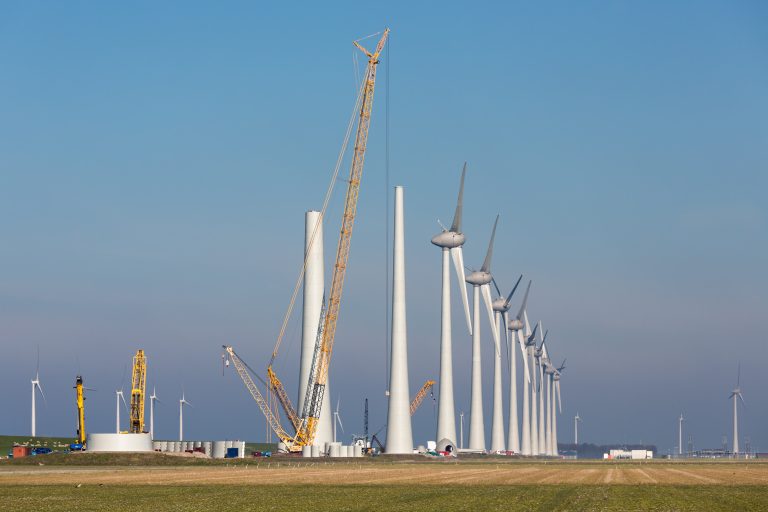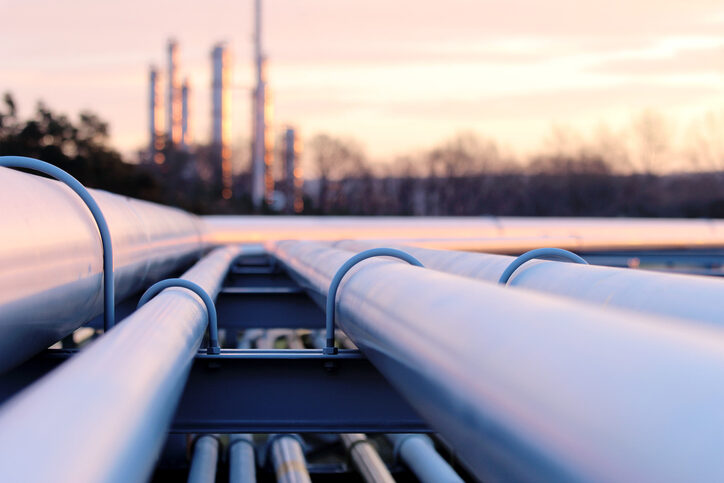Violent Pipeline Protestors Threaten Public Safety and Must Be Held Accountable
Freedom of speech and the right to protest are cornerstones of American democracy. But pipeline protests in recent years have continued to escalate, and it is important to point out that the Constitution does not protect the ability to violently protest.
Unfortunately, violence has become all too common at pipeline protests in recent years. For example, the Dakota Access Pipeline protests that took place in 2016 and 2017 resulted in more than 750 arrests. Protestors were arrested for throwing rocks and Molotov cocktails at police, setting fires, slaughtering livestock, discharging firearms at law enforcement, pepper spraying officers, burning a bridge, terrorizing journalists, and repeatedly trespassing on private property.
More recently, a suspicious device thrown by a protestor at a construction site for Enbridge Energy’s Line 3 pipeline in Minnesota raised concern. While the device was later determined not to be explosive, the panic caused an evacuation of workers and 40 residences within a half-mile radius. Enbridge shut down neighboring pipelines in the area as a cautionary measure. These threats to public safety are inexcusable.
Chris Ventura, Midwest Regional Director for the Consumer Energy Alliance, recently highlighted unlawful and dangerous threats from pipeline protestors in a letter to the editor for The Columbus Dispatch:
“Too often, extremists have trespassed, sabotaged facilities, bullied innocent bystanders and placed the public and the environment at risk in the name of an immediate shift to renewables. In Ohio, take the protesters who recklessly entered a fenced-off construction area and began shoveling dirt back into a trench that had been dug for a pipeline, or the group that locked themselves in a van in Columbus and stopped in an intersection to protest the Dakota Access Pipeline.”
Ventura goes on to highlight how pipeline project delays and cancellations can negatively impact local and state economies by putting a pause on job opportunities for workers and creating high energy costs for families and businesses by delaying access to affordable energy.
These unlawful incidents have caused at least 13 states to take action. NCSL reported since 2018, Indiana, Iowa, Kentucky, Louisiana, Mississippi, Missouri, North Dakota, Oklahoma, South Dakota, Tennessee, Texas, Virginia and West Virginia have all passed laws that either criminalize unlawful entry to critical infrastructure facilities or enhance the penalties associated with those offenses.
Freedom of speech does not equate to spreading violence and destroying property in the name of environmental activism. There is a time and place to debate the merits of American energy policy and infrastructure development, but violent actions at constructions sites isn’t it. Protestors should consider peaceful, lawful, and collaborative tactics in pursuing a future of renewable energy.


